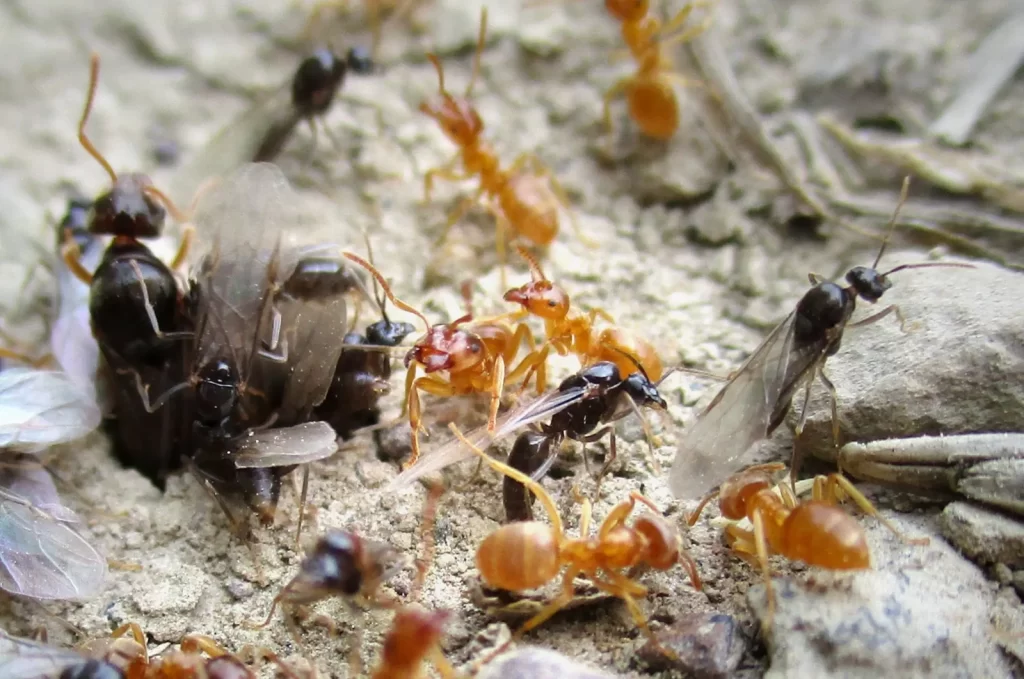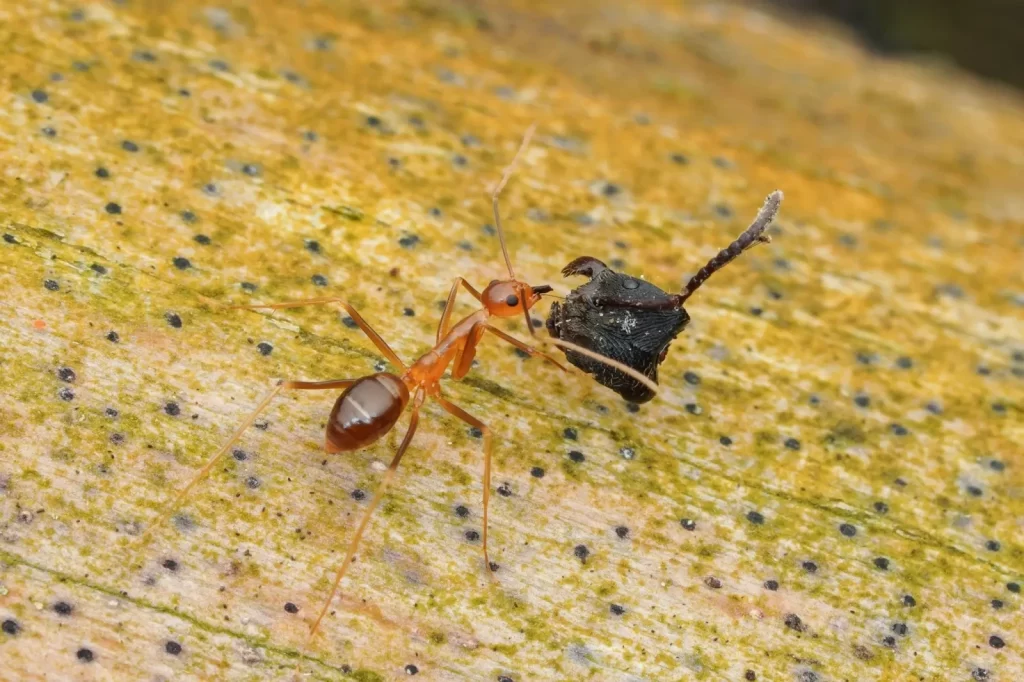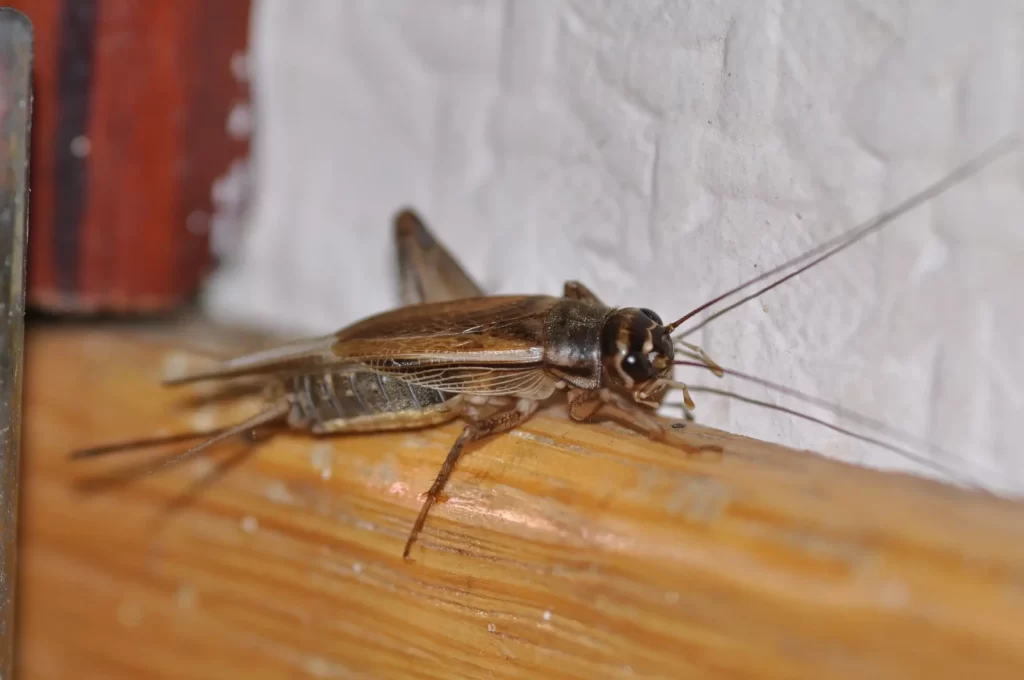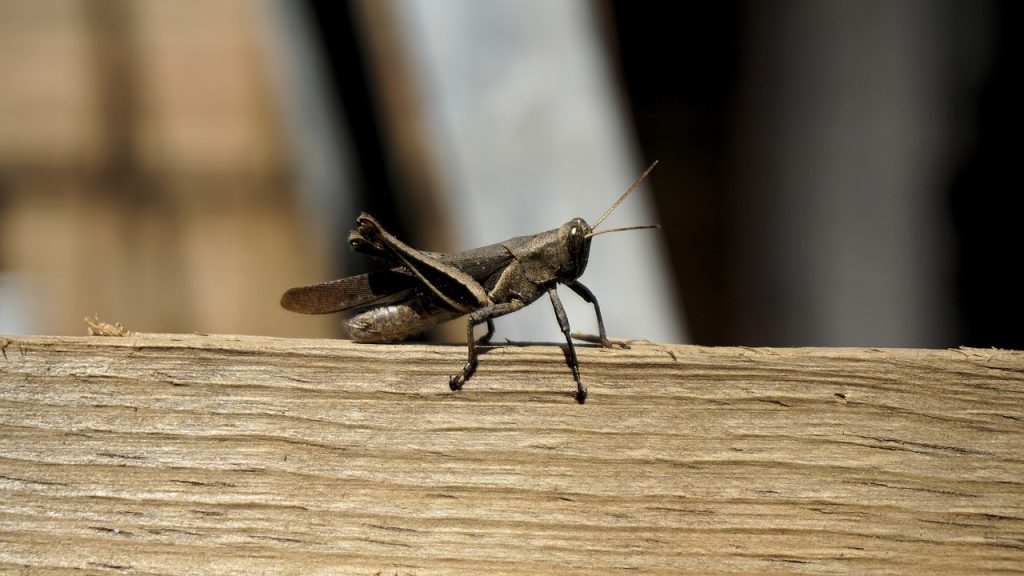One common question homeowners ask is, “What smell keeps silverfish away?” In this article, we’ll explore the scents known to repel silverfish and provide practical tips for keeping these pests at bay.
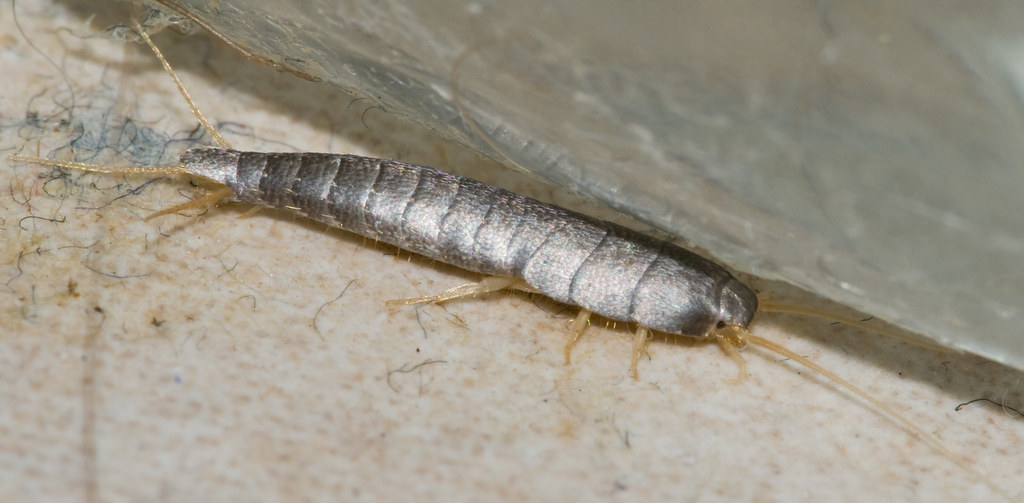
Understanding Silverfish Behavior
Before diving into the specific smells that repel silverfish, it’s important to understand a bit about their behavior. They prefer environments with high humidity, such as bathrooms, basements, and kitchens. Silverfish are also attracted to starchy materials, which is why you might find them near books, wallpaper, or clothing made from natural fibers.
Scents That Repel Silverfish
Certain smells are known to be effective in keeping silverfish away. These insects have a strong sense of smell, and certain scents are particularly unpleasant to them. Below, we’ll discuss some of the most effective smells that you can use to deter silverfish from infesting your home. Lavender Lavender is a popular choice for repelling silverfish. The strong scent of lavender is not only pleasant for humans but also acts as a natural insect repellent. Use lavender essential oil, sachets, or even dried lavender flowers in areas where silverfish are likely to be found. Cinnamon Cinnamon is another scent that silverfish dislike. The strong, spicy aroma can be overwhelming for these pests, making it an effective deterrent. Place cinnamon sticks or use cinnamon essential oil in areas where you have noticed silverfish activity. Peppermint Peppermint is a well-known insect repellent, and silverfish are no exception. The strong, refreshing scent of peppermint can help keep silverfish at bay. You can use peppermint essential oil, cotton balls soaked in peppermint oil, or even plant peppermint around your home. Clove Cloves have a pungent aroma that silverfish find repulsive. You can place whole cloves or clove oil in areas where silverfish are present. The scent will deter them from entering or staying in those spaces. Citrus Citrus scents, particularly lemon and orange, are also effective in repelling silverfish. The strong, acidic smell of citrus can keep these pests away. You can use citrus peels, citrus essential oils, or even citrus-scented cleaning products to discourage silverfish from taking up residence in your home.How to Use These Scents
To effectively use these scents to repel silverfish, follow these simple steps:- Essential oils: Dilute essential oils with water and spray them in areas where silverfish are likely to be found, such as around baseboards, in closets, and under sinks.
- Sachets: Fill small cloth bags with dried lavender, cloves, or cinnamon and place them in drawers, closets, or other storage areas.
- Cotton balls: Soak the cotton balls in essential oils and place them in areas where silverfish are commonly seen.
Scents fragrance That Silverfish Hate
| Scent | How to Use | Effectiveness |
| Lavender | Use sachets, dried flowers, or essential oil. | High |
| Cinnamon | Place sticks or use essential oil. | High |
| Peppermint | Soak cotton balls in oil or plant mint. | High |
| Clove | Place whole cloves or use clove oil. | Moderate |
| Citrus | Use peels, essential oils, or citrus cleaners. | Moderate |
